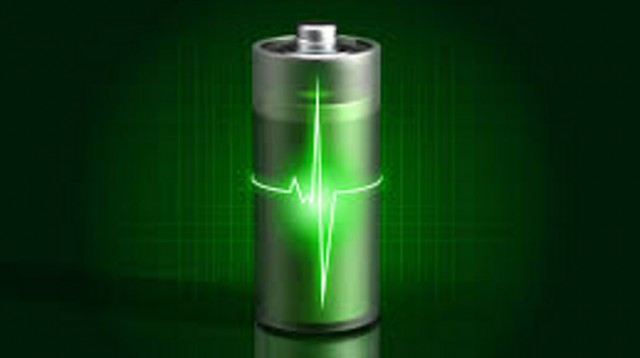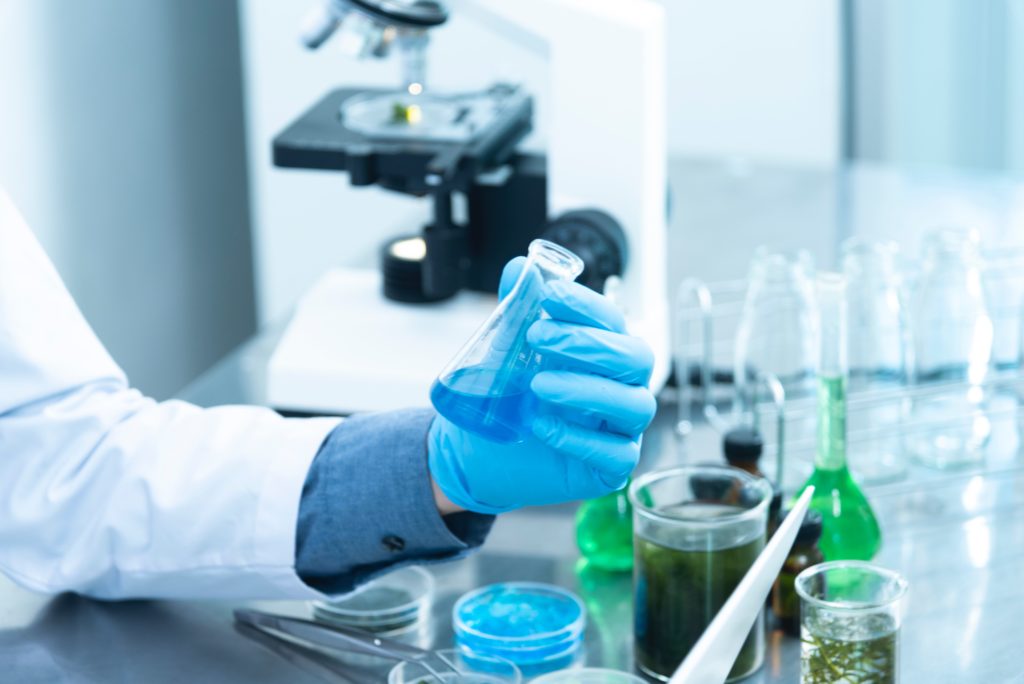The electrolyte plays a critical role in the function of a lithium-ion battery. When the battery is charged, lithium ions move from the cathode to the anode through the electrolyte, where they are stored in the anode’s porous structure. When the battery is discharged, the reverse happens and the lithium ions move back to the cathode through the electrolyte.
The electrolyte also helps to prevent the formation of dendrites, which are tiny metal fibers that can grow inside the battery and cause a short circuit. Dendrites can form when the battery is repeatedly charged and discharged, and they can eventually lead to the failure of the battery. The electrolyte is designed to prevent dendrites from forming by creating a stable and uniform environment for the lithium ions to move through.

In addition to its functional role, the electrolyte can also impact the safety and performance of a lithium-ion battery. If the electrolyte is too flammable, it can pose a fire risk, which is why manufacturers are constantly researching and developing new electrolyte formulations that are safer and more efficient.
What is the electrolyte in a battery?
4A Molecular Sieve In The electrolyte is present in many different types of batteries, not just lithium-ion batteries. In general, the electrolyte is a substance that contains ions and facilitates the flow of charge between the battery’s cathode and anode.

In lead-acid batteries, 5A Zeolite the electrolyte is a solution of sulfuric acid and water, which produces lead sulfate and hydrogen gas when the battery is discharged. In nickel-cadmium batteries, the electrolyte is a solution of potassium hydroxide, which enables the transfer of electrons between the battery’s electrodes. In alkaline batteries, the electrolyte is a solution of potassium hydroxide and zinc, which creates a chemical reaction that generates electricity.
In conclusion, Molecular Sieve in the electrolyte plays a crucial role in the function of a lithium-ion battery, enabling the movement of ions between the cathode and anode and preventing the formation of dendrites. By understanding the properties and performance of electrolytes, researchers and manufacturers can continue to improve the safety and efficiency of lithium-ion batteries and other types of batteries.
NEWSLETTER SIGNUP
By subscribing to our mailing list you will always be update with the latest news from us.
We never spam!
Copyright © Mingguang Feizhou new materials Co., Ltd. All Rights Reserved. | Sitemap